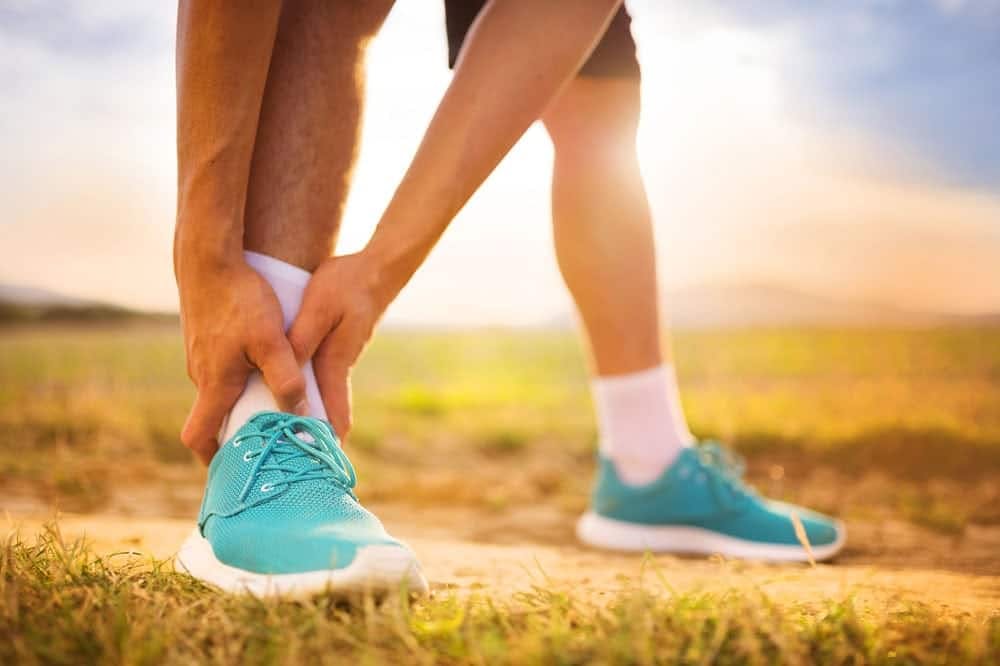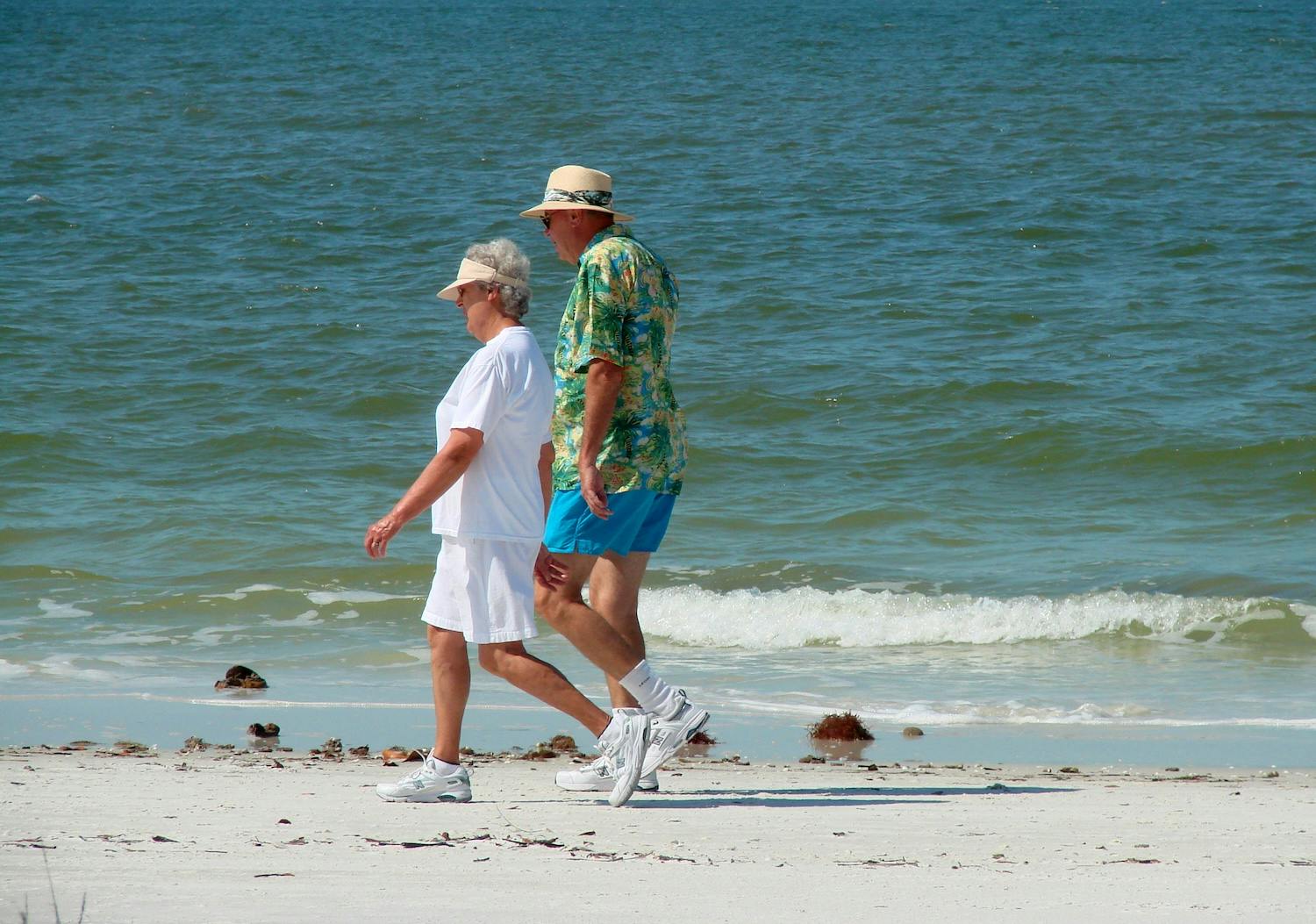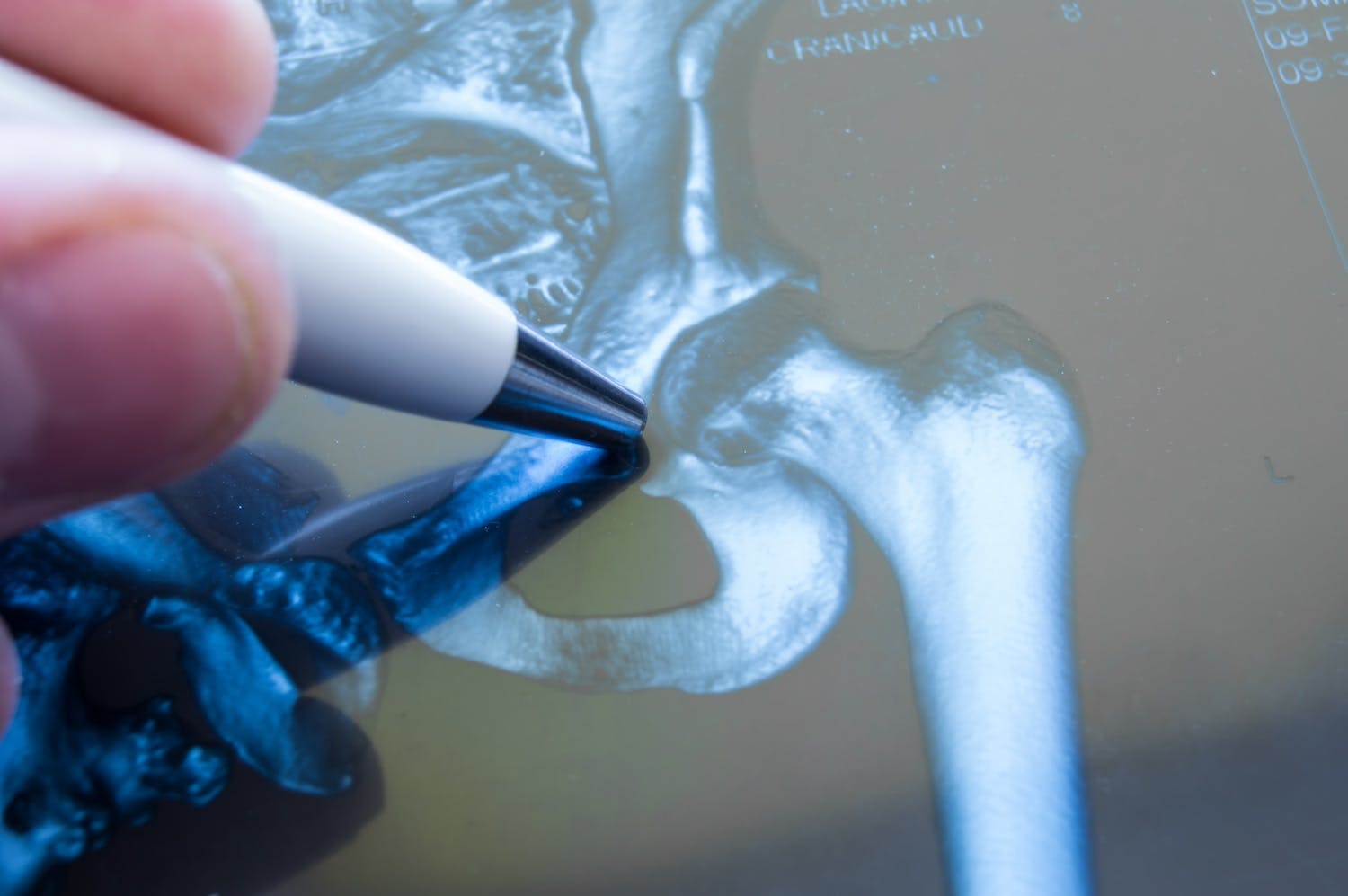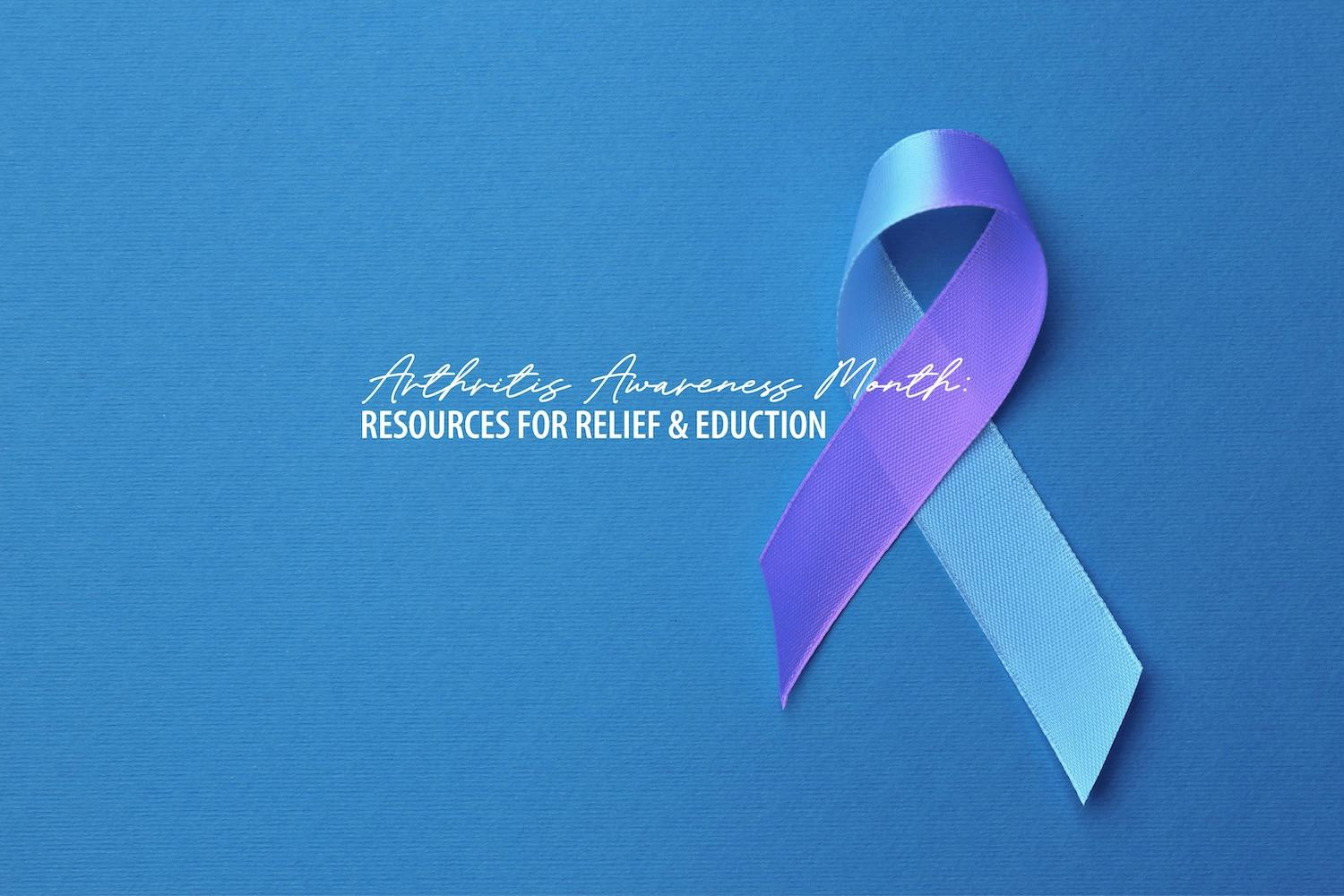- Blog
At Risk for Achilles Tendinitis
Posted on 01-28-2026 in Achilles Tendinitis by Dr. Erik Nilssen

Posted on 01-28-2026 in Achilles Tendinitis by Dr. Erik Nilssen
Achilles tendinitis happens when you get an inflamed Achilles tendon due to too much strain being put on it. Your Achilles tendon connects your heel bone to your calf muscles and is located at the back of your lower leg. It is large and can hold a lot of force, however, it still can get injured.
Risk Factors
Athletes who are conditioned poorly are more likely to develop Achilles tendinitis. Engaging in activities that involve repetitive jumping and sudden starts and stops increases your risk of getting this condition. If you change your activity level suddenly, wear inappropriate footwear, or train on poor surfaces, you also increase your risk. Other risk factors include age and gender (men are more at risk) as well as those who participate in athletics. Marathon runners, dancers and basketball players are also in a higher risk category. If you overtrain, you risk getting Achilles tendinitis. When you do too much at one time, you put too much strain on your Achilles tendon and don’t allow enough time for your tendon to recover properly. General degeneration and small tears result over time, which weakens the tendon resulting in pain and inflammation.
If you have been taking certain medications, such as quinolone antibiotics (Ciprofloxacin and Ofloxacin), you are also at risk. These both stop bacteria growth and treat bacterial infections. Medical conditions also increase the likelihood of developing Achilles tendinitis, including those who have been diagnosed with:
Treatment
Typically, changes in your lifestyle can improve your symptoms, however, if you don’t limit pain-causing activities or you don’t maintain flexibility and strength of your tendon, your symptoms can return.
Resting can give you time for your tissue to heal. How severe your symptoms are will determine what type of rest you need. If you have a mild case of this condition, you might just have to reduce your workout intensity. However, if you have a severe case, you will most likely need to rest for several days or weeks.
Applying ice to your Achilles tendon for 20 minutes a few times a day can help. If the area becomes numb, remove the ice. You can manage your symptoms with activities such as walking or stretching exercises. You might also have to change your footwear. You will most likely be put on Nonsteroidal anti-inflammatory drugs (NSAIDs) like ibuprofen or aspirin to ease the swelling and pain. In severe cases, surgery may be needed.
If you suspect that you have Achilles tendinitis, visit our Appointment page to schedule a visit today. After diagnosis, we will implement an individualized Achilles tendinitis treatment plan for your recovery.

September is Healthy Aging Month, an observance dedicated to promoting the positive aspects of growing older and encouraging proactive steps toward maintaining long-term health. In its 33rd year, Healthy Aging Month inspires adults of all ages to focus on lifestyle habits that support vitality, independence and overall well-being.

Ischiofemoral Impingement (IFI) is a lesser-known but often painful condition affecting the hip joint. This condition arises when the ischium (a bone in the pelvis) and the femur (the thigh bone) come into abnormal contact, which compresses soft tissues surrounding the hip. While the discomfort typically manifests in the buttocks or groin, particularly when moving the hip or walking, it can also present as low back pain, making it challenging to diagnose early. Additional symptoms and causes include discomfort during prolonged sitting, reduced range of motion, stiffness and/or tightness in the hip area.

May is Arthritis Awareness Month, an opportunity to increase public understanding of arthritis and its impact on millions of lives. Established by the Arthritis Foundation, this national observance highlights the importance of early diagnosis, effective treatment, and ongoing research to improve the quality of life for those with arthritis.